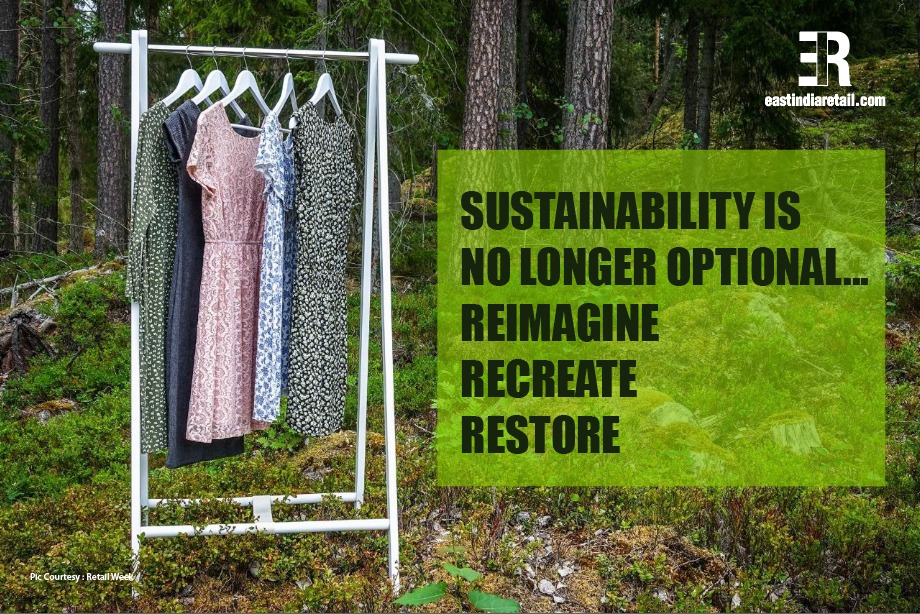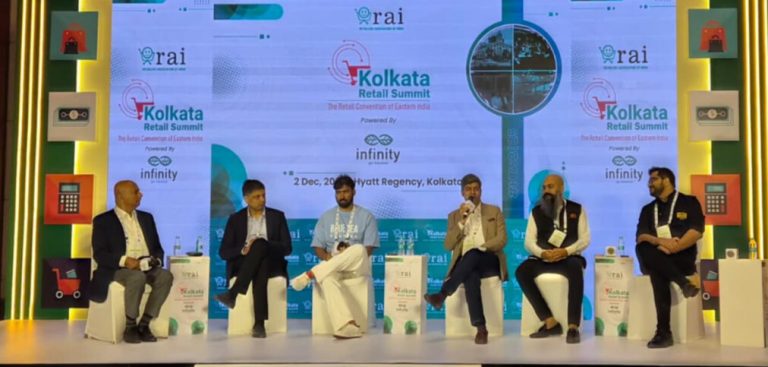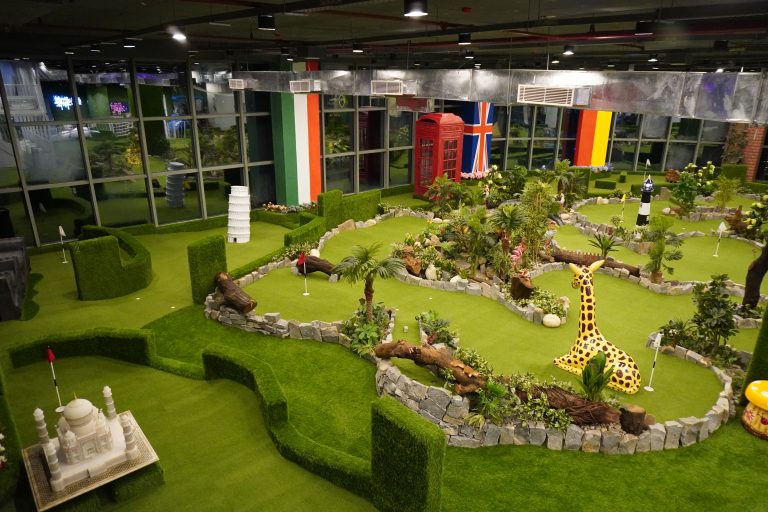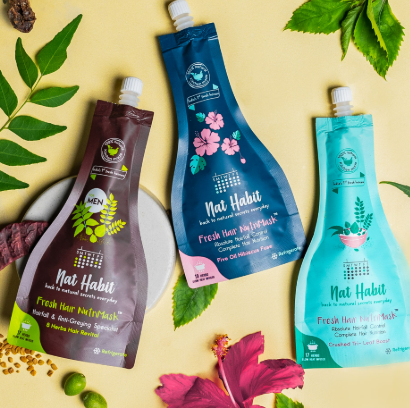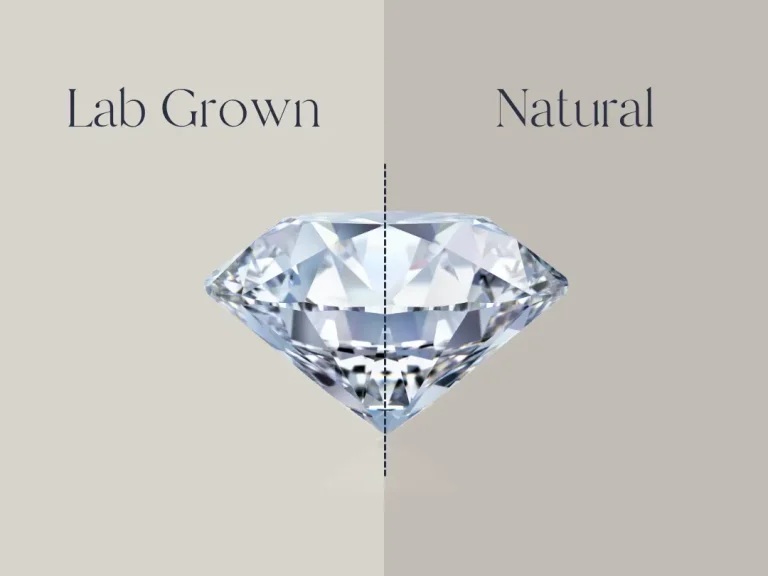In the last decade, the retail market in India has undergone a significant transformation and has seen remarkable development. The retail industry is highly resource-intensive, drawing heavily on energy, water, and natural reserves. Consumers in India are becoming increasingly conscious of the environmental and social impact of their purchasing decisions; and they are consequently becoming more concerned about this impact. This concern has led to an upsurge in the demand for eco-friendly products and eco-labelling based on widely accepted standards. Leading global retailers understand the strategic significance of Sustainability and the vital connections between their core businesses, supply chains, and the natural environment.
Organizations have adopted Sustainability as an integral part of their business strategy. One of the fashion retailers in India ‒ Arvind ‒ has invested in technologies such as indigo foam dyeing of denim, which uses 90% less water as compared to conventional dyeing technologies. They source sustainable cotton through regenerative organic farming, thereby reducing the negative impact of cotton farming.
From reviving indigenous fabric to promoting sustainable fashion, Biswa Bangla came up to new products, with Nettle fibre and bamboo yarns that would be used to make clothes. The ancient metal-casting technique of dokra is being used to make a diversified range of products that include high-end jewellery and home décor items. The brand is making pietra dura jamdani saris and Ramayana saris in limited quantities. On account of World Environment Day on 5th June, this year, Partha Kar, chief consultant of Biswa Bangla said eastindiaretail.com that “Retailers have to make continuous effort to educate their employees about sustainability and its impact. Time has come to make a wholistic effort not one-off effort.”
Earthwear is inspired by the rich Indian heritage and craftsmanship and incorporate natural environmentally friendly fibres. Vineeta Ganeriwala Gupta– the Creative, Design and Marketing Head of the brand told us, “We at Earthwear believe in using natural, biodegradable fabrics (like cottons and silks) at all times in our attempt to be environment friendly.” She suggested to go local for sustainability, use of handmade techniques and local materials to support rural artisans which will pave the way for a sustainable future. “We have always used paper bags which can be recycled – plastic is a complete no-no in Earthwear packaging,” she even added.
